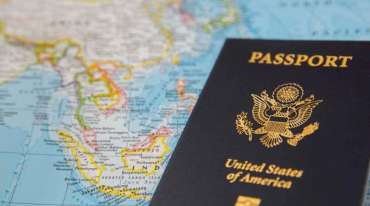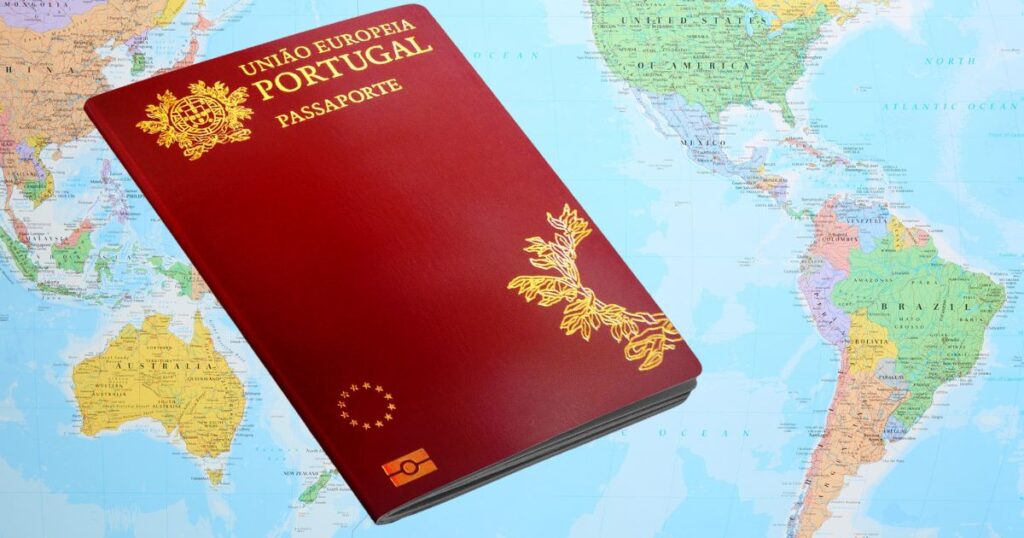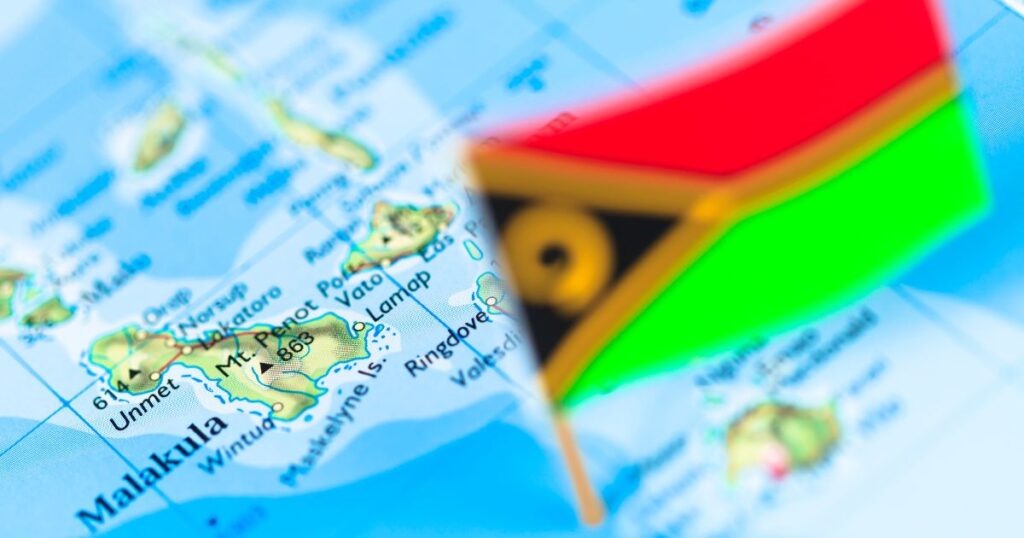A Name change the legal act by a person of adopting a new name different from their current name for a number of reasons such as religious conversion, adoption, marriage/divorce, luck or protect family bloodline or gender change. It is also a basic human right.
History
The history of name changes goes back to centuries, during the era of family dynasties, name changes were frequently demanded of heirs in the last wills and testaments, legacies and bequests, of members of the gentry and nobility who were the last males of their bloodline.
Common Reasons
The most common reasons for people to change their names are
- Marriage / Divorce
- Religious beliefs or luck.
- Ethnicity.
- Adoption
- Witness protection
- Difficult to pronounce
- Politically supporting a cause
- Gender identity.
- Privacy
Famous people and many celebrities, have changed their name in the past. For example, Cassius Clay renamed himself Muhammad Ali upon conversion to Islam and A.R Rahman changed his name from Dileep Kumar. It is quite common in many cultures, women inherit last name from their husband or vice versa. In common law jurisdictions, changing name can be done using filing an affidavit or deed poll to be published in the gazette.
It is worth noting that name change can be used for evading law, debt or commit fraud. This is why several countries restrict name change to evade the law or a debt or commit fraud. A deed poll is a legal document that proves a change of name.
United States
In the US, every adult U.S. citizen has a constitutional right under the Fourteenth Amendment to change his/her name at will. state laws regulate name changes
Under U.S. nationality law, when immigrants apply for naturalization, they have the option of asking for their names to be changed upon the grants of citizenship with no additional fees. This allows them the opportunity to adopt more Americanized names. Banks and insurance companies require a court order to change a customer’s name in their records.
Permanent residents can also change names through court filing. During the court process, it is necessary to plead that the name change is not for a fraudulent or other illegal purpose, such as evading a lien or debt or for defaming someone else. The process can take anywhere between 10 days to 60 days depending on the state. Applicants may be required to give a reasonable explanation for wanting to change their names. Some states require you appear in person or at consulate abroad.
To issue US passport, If you have changed your name by marriage or divorce, you may apply for a new passport to be issued in your new name, using form DS-82 or DS-5504. If you have changed your name any other way, you must apply using form DS-11
Canada
All Canadian provinces and territories allow their residents, whether Citizens, Permanent Residents or Temporary Residents, to obtain a name change, provided they fulfil the pertinent regulations (e.g. time lived in province). Exception is Quebec which has a lengthy process being a civil law jurisdiction.
In general you have to file name change application along with biometrics and police record. If your name change is approved, you will get a change of name certificate. It will show your previous name and your new name. You can also use this certificate to change your name on other personal documents, such as a health card. There must not be any court orders or separation agreements that prohibit the change of name.
For example in Ontario you must be above 16 years old and lived there for more than 12 months to register for a name change.
India
An application must be made to the Government Printing Press, which issues an Official Gazette Notification certifying the change of name. In India, name change legal process may be completed either publishing in State Government Gazette or Central Government Gazette.
South Africa
Name changes in South Africa are regulated by the Births and Deaths Registration Act (Act 51 of 1992, as amended). The personal information of all citizens and permanent residents is recorded on the Population Register, so any name changes must be registered.
A person can change their forenames by submitting a form to the Department of Home Affairs. An individual’s surname, or that of a family, may be changed by applying to the Department and providing a “good and sufficient reason” for the change. A married woman can change her surname to that of her husband or join her maiden name with her husband’s surname, and a divorced woman may return to her previous surname, without applying or paying a fee; but she must notify the department so that the details in the Population Register can be changed. (It is possible that, if challenged, these provisions might be held to be unconstitutional because they apply only to women.)
South Africa has officially recognized same sex marriages since 2006 and in doing so now allows one or both partners to change their surnames in the marriage register on the day of the marriage. A new passport and ID book can then be applied for with the new married surname as well. The surnames of minor children can also be changed under various circumstances involving the marriage, divorce or death of a parent, children born out of wedlock, and guardianship
United Kingdom
In the United Kingdom of Great Britain and Northern Ireland, citizens and residents have the freedom to change their names with relative ease. Anyone who is at least 16 and resident in the United Kingdom can call themselves whatever they wish. A deed poll’ is required to apply for or to change official documents like your passport or driving licence.
Apply to the Royal Courts of Justice to get an ‘enrolled’ deed poll’ (visible to public) using the deed poll process. It costs £42.44. You can only enrol your own name change if you’re 18 or over. A deed poll is not required replace spouse’s or civil partner’s surname, suffice with marriage certificate.
To change the name of a child under 18 you can either: make an unenrolled deed poll by using a specialist deed poll agency or a solicitor and apply for an enrolled deed poll from the Royal Courts of Justice
China
“General Principles of Civil Law” Article 99 guarantees citizens the right to a name and the choice of naming therein. Adults have go to the User ID window of the Public Security Bureau of the registered permanent residence to apply for name change (deed poll), express your will and give the sufficient reasons. Chinese may adopt English names for a variety of reasons. Name change is barred if it is to escape liability, hide from crime, racial slur or confusing with famous names.
Switzerland
In Switzerland, a name change requires the approval of the respective Cantonal government, if there are important reasons (wichtige Gründe / justes motifs) for the change, according to article 30 of the Swiss Civil Code. When aliens apply for naturalization, they have the option of asking for their names to be changed upon the grants of citizenship with no additional fees
Germany
German citizens are subject to German law with respect to their use of a name. The possible names which may be used under German law may deviate from those entered in US vital records or identification documents. According to Section 1355 (2) of the German Civil Code, spouses can opt for the birth name of one of the spouses or the name one of the spouses had at the time of the name declaration to become a so-called married name (“Ehename”).
A name declaration is required, especially after birth, marriage or divorce abroad.The Registrar’s Office in Germany that was the last place of residency of one of the spouses is responsible for processing the name change declaration costs 80 euros. If neither of the spouses ever resided in Germany, the Registrar’s Office I in Berlin is the appropriate office for processing the marriage registration. The spouse whose name does not become the married name can add his or her previous name or birth name with a hyphen in front or behind the married name. A name change by US court order is not valid for German citizens.
Australia
Individuals may legally change their name through the state and territory governments of Australia according to state or territory laws and regulations via Registry of Births, Deaths and Marriages. Once your application is approved (can take 2-8 weeks), you will need to apply for a change of name certificate (this is separate to the registration fee) which authorises the use of your new name. You can change your name only once in a 12 month period and 3 times in your lifetime.
Portugal
Name change can be done at any Civil Registry Office, but requires authorization from the Central Registries. You must update your Citizen Card within 30 days of registering a change of gender and changing your given name. If the change of name concerns a minor, both parents must request the alteration. If the minor is over 16, he must present a criminal record.
The following documents are required
- Valid and up to date Citizen Card;
- Proof of use of name in the country where the name was changed, if you have such documents (Passport, Driving License, School Card);
- Deed Pool (if applicable), translated into Portuguese. Both documents legalised with the Hague Apostille. Click here to see the our page regarding legalising documents;
- Portuguese Criminal Record (which you may obtain at the Consulate on the day of your appointment).
St Kitts & Nevis
St Kitts and Nevis permits Deed Poll if your name has been changed through this instrument orMarriage Certificate if your name has been changed by marriage
Malta
To make a change in name, a supporting document (Maltese Identity Card/ Maltese passport/marriage certificate) issued before the 1st December 2012 is required, unless the change in name is considered by the Director of Public Registry as a minor correction to the name. A fee of €5 is applicable. Forms for name changes for spouse, child are available in Identity Malta website
Montenegro
The process of changing the name in Montenegro is regulated by the Law on Personal Name. Personal name or only the surname or name itself may be changed after the change of family or personal status (adoption, paternity or maternity determination, conclusion, divorce or annulment of marriage) or at the request of a Montenegrin citizen (Article 9). Fill out a name change request MUP Division . If you are convicted of a criminal offense you will be denied name change.
Saint Lucia
New legislation does not permit change of name.
Turkey
Turkish law allows change of full name who have acquired citizenship. For example who have foreign names and are applying for Turkish citizenship change their name to a Turkish name. The request must be filed in civil court with a valid reason.
North Macedonia
Article 5 Citizens have the right to change their personal name, i.e., only the name or only the surname. Request for change of first name with the necessary documentation submitted to the Ministry of Interior.
Dominica
Name change prohibited (new law 2024) except for marriage.
Antigua & Barbuda
Allowed only after 5 years of receiving citizenship.
St.Kitts & Nevis
St.Kitts allows change of name only once after receiving citizenship.
Vanuatu
Vanuatu permits name change, proof is provided you have renounced previous citizenship.
Grenada
Grenada Law allows changing name after one year of receiving citizenship.
Note: If you are applying for Citizenship by investment, some countries permit name change through deed poll AFTER your citizenship application is approved. You have prove valid reason and not to escape debt or hide from criminal activities or fraud. Name change is ONLY permitted by Dominica, Vanuatu, Grenada, St Lucia, St Kitts, if deed poll is submitted from country of birth along with citizenship application. In Antigua and Barbuda and Dominica, it is allowed as of five years after obtaining citizenship; in Grenada after one year; in Saint Kitts and Saint Nevis, it is allowed upon obtaining citizenship. (only once). Vanuatu allows after receiving citizenship through affidavit.
After Change
After you’ve changed your name, you must update your identity documents. These may include:
- Drivers licence
- Immigration documents (PR/Greencard, visas)
- Passport
- Bank accounts
- Electoral enrolment
- Utility bill
- Pension documents
- Insurance
- Social security
- Health card
Sources: Compiled from Wikipedia and other government references.





